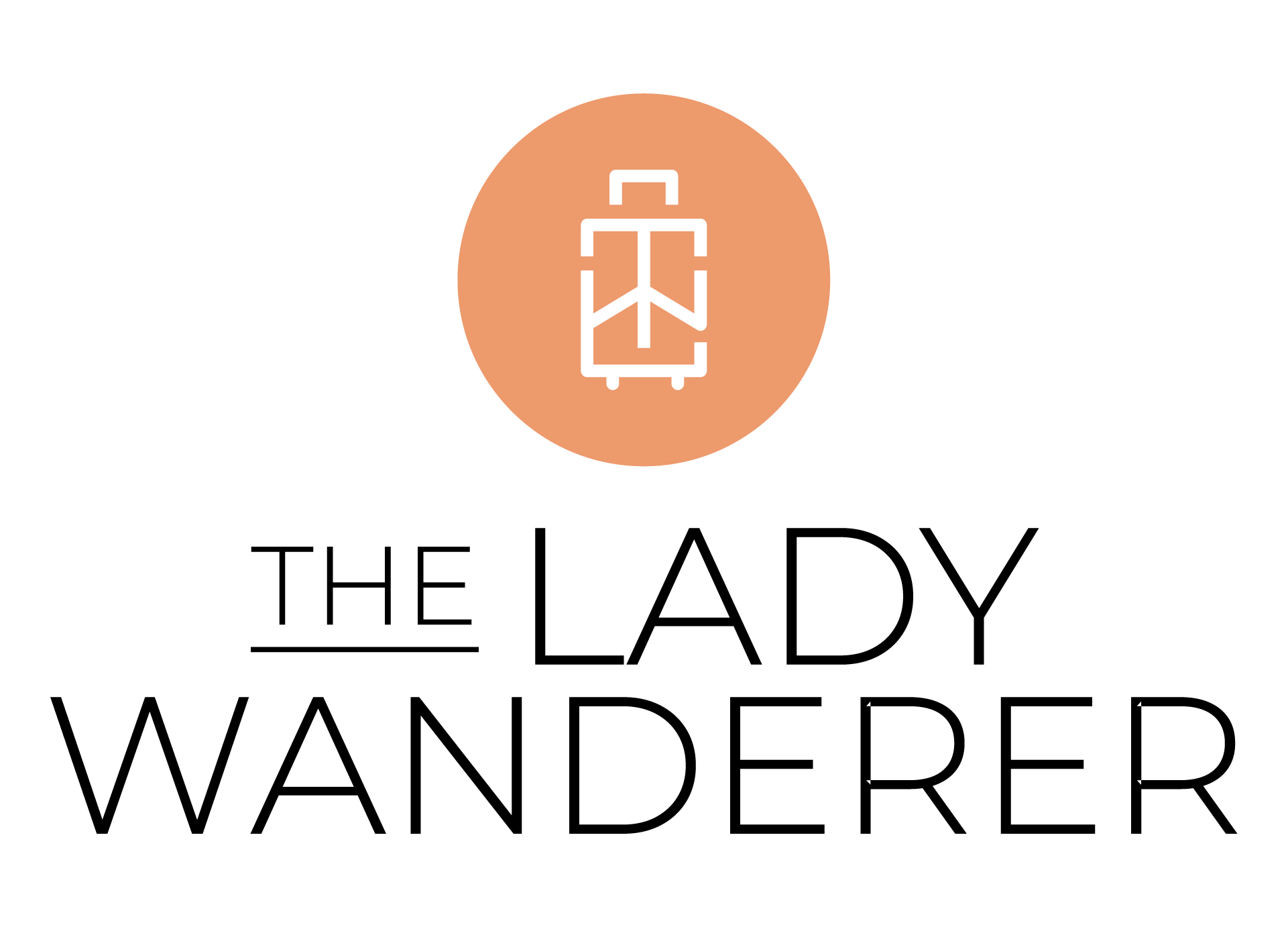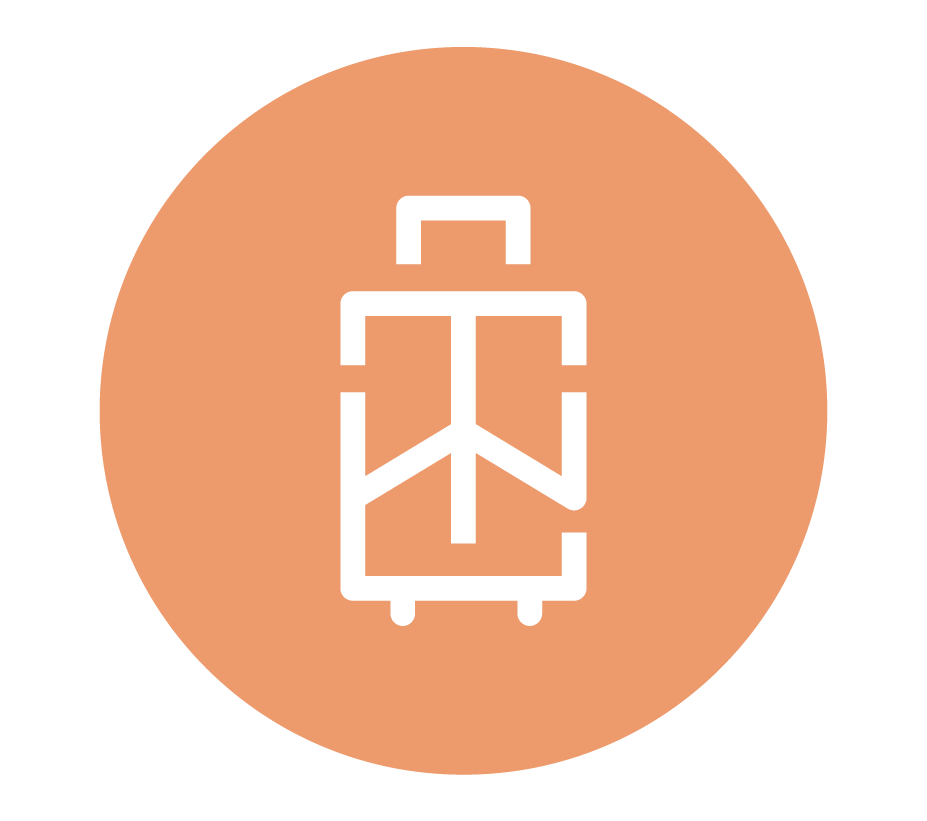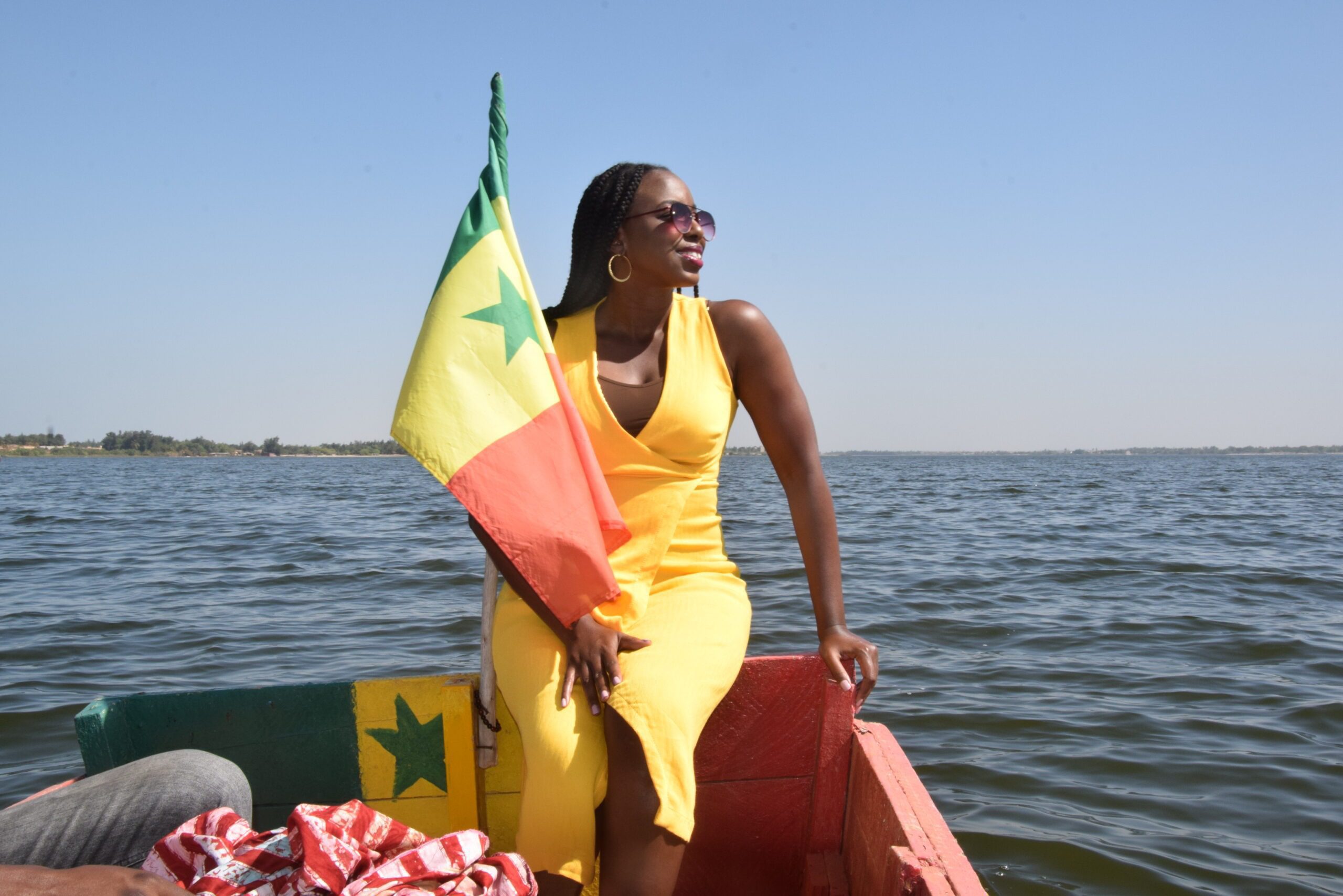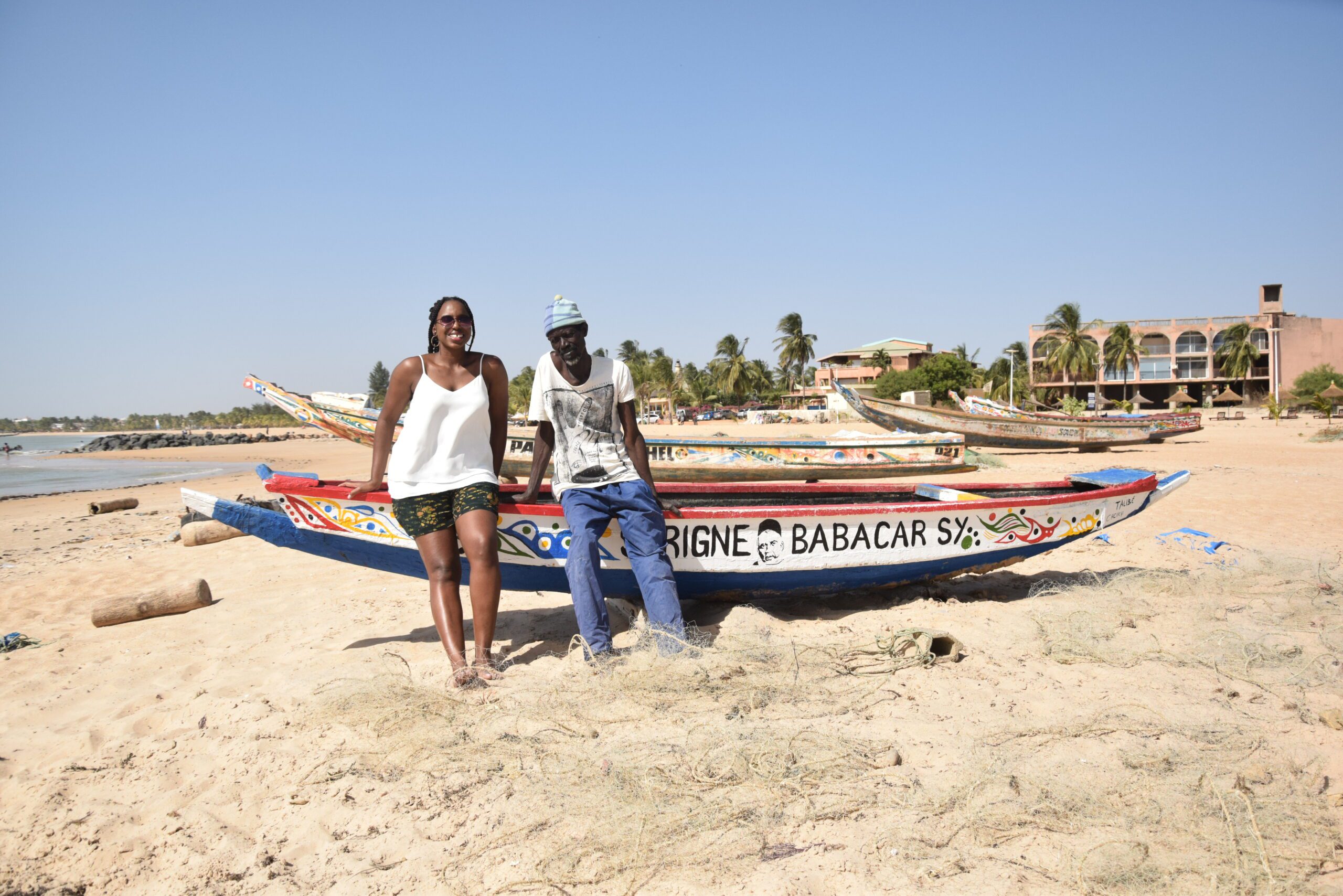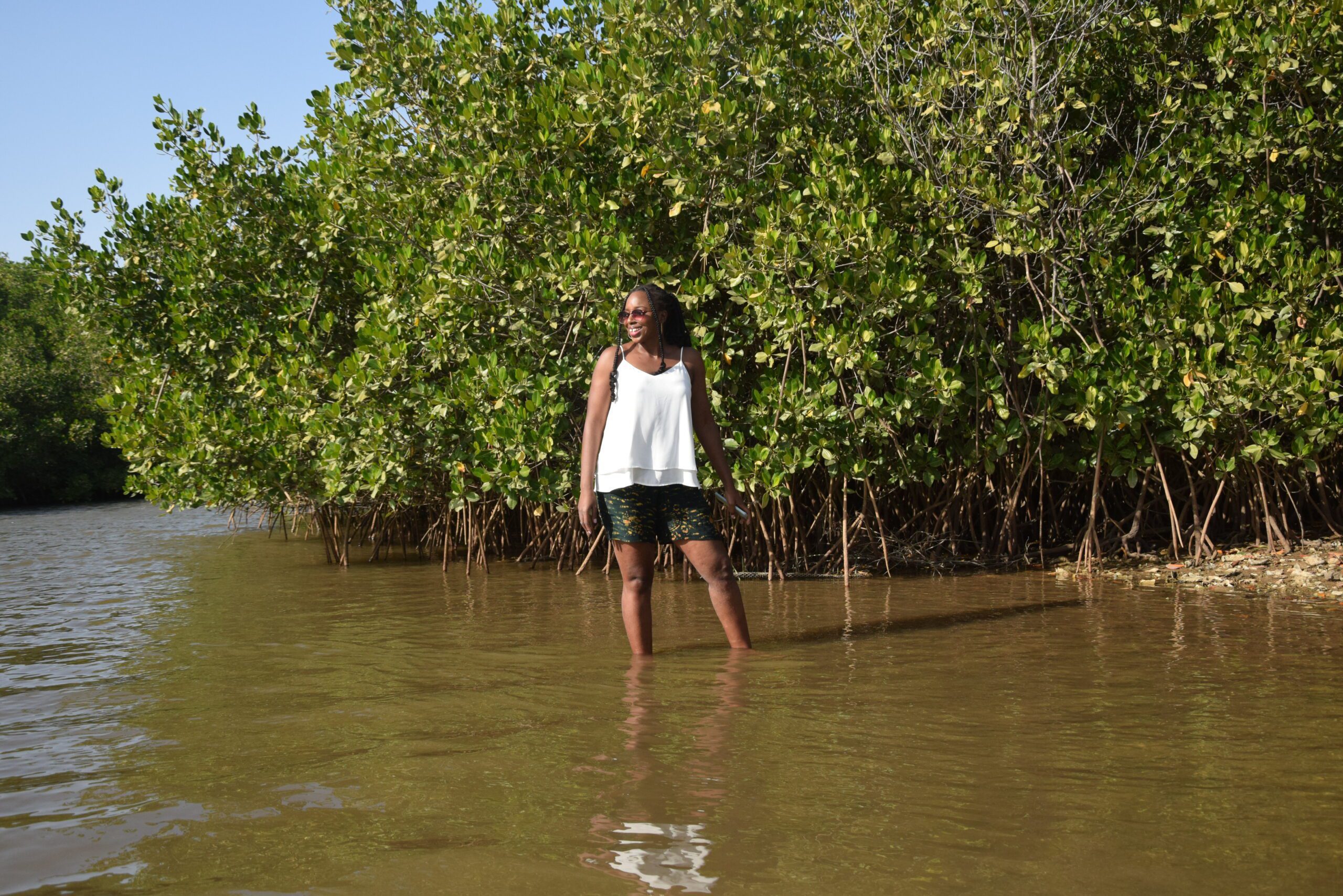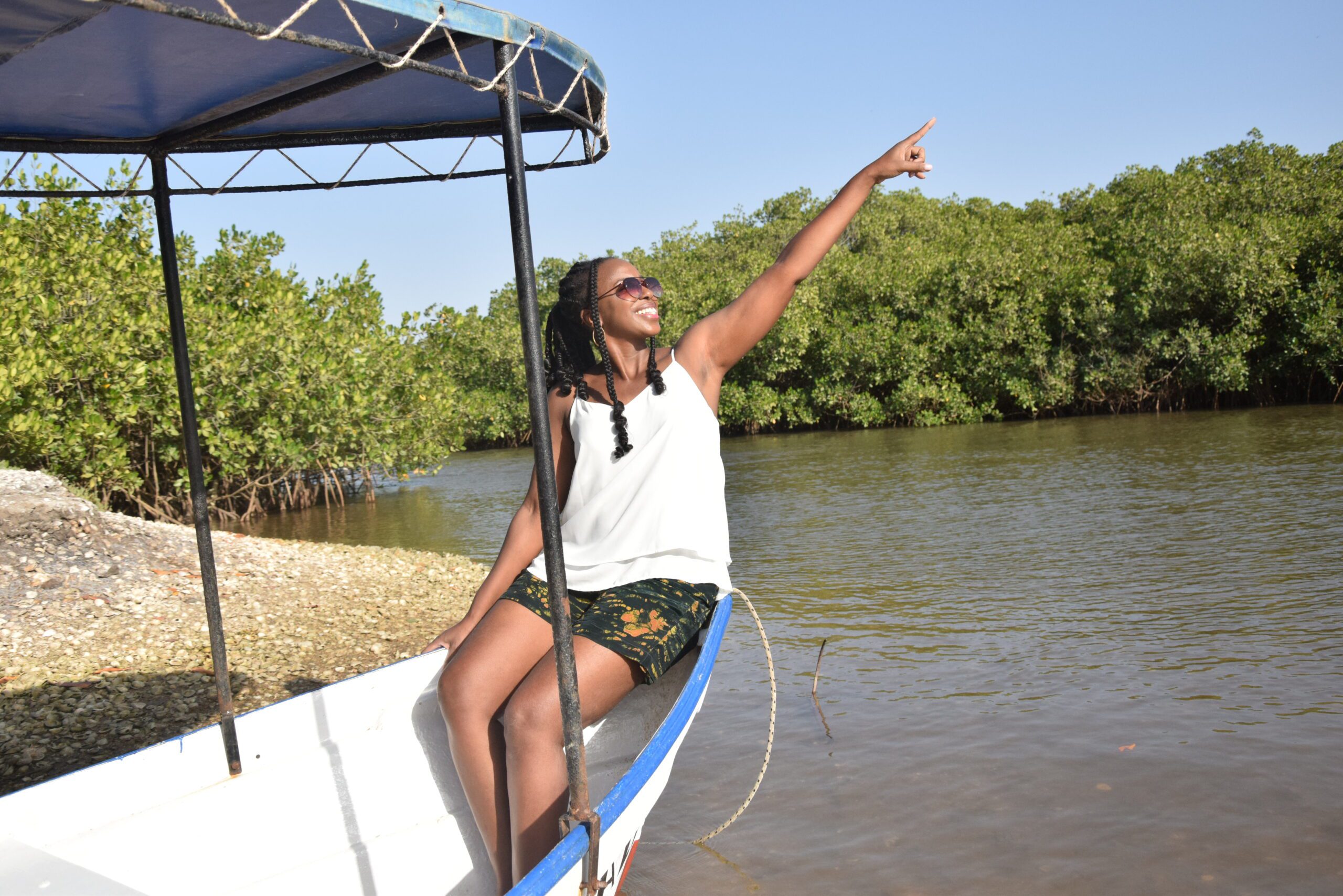Senegal
Senegal, country in western Africa. Located at the westernmost point of the continent and served by multiple air and maritime travel routes, Senegal is known as the “Gateway to Africa.” The country lies at an ecological boundary where semiarid grassland, oceanfront, and tropical rainforest converge; this diverse environment has endowed Senegal with a wide variety of plant and animal life. It is from this rich natural heritage that the country’s national symbols were chosen: the baobab tree and the lion.
The region today known as Senegal was long a part of the ancient Ghana and Djolof kingdoms and an important node on trans-Saharan caravan routes. It was also an early point of European contact and was contested by England, France, Portugal, and the Netherlands before ultimately coming under French control in the late 19th century. It remained a colony of France until 1960, when, under the leadership of the writer and statesman Léopold Senghor, it gained its independence—first as part of the short-lived Mali Federation and then as a wholly sovereign state.
Although Senegal traditionally has been dependent on peanuts (groundnuts), the government has had some success with efforts to diversify the country’s economy. Even so, the country suffered an economic decline in the 20th century, owing in some measure to external forces such as the fall in value of the African Financial Community (Communauté Financière Africaine; CFA) franc and the high cost of debt servicing, as well as to internal factors such as a rapidly growing population and widespread unemployment.
Why Senegal?
Almost two-fifths of Senegal’s people are Wolof, members of a highly stratified society whose traditional structure includes a hereditary nobility and a class of musicians and storytellers called griots. Contemporary Senegalese culture, especially its music and other arts, draws largely on Wolof sources, but the influences of other Senegalese groups (among them the Fulani, the Serer, the Diola, and the Malinke) are also evident.
Wolof predominate in matters of state and commerce as well, and this dominance has fueled ethnic tension over time as less-powerful groups vie for parity with the Wolof majority.
